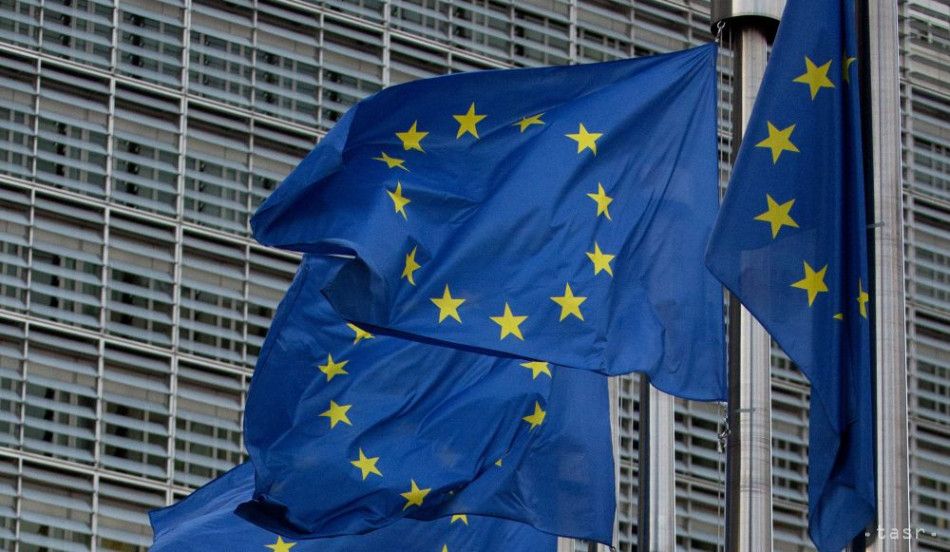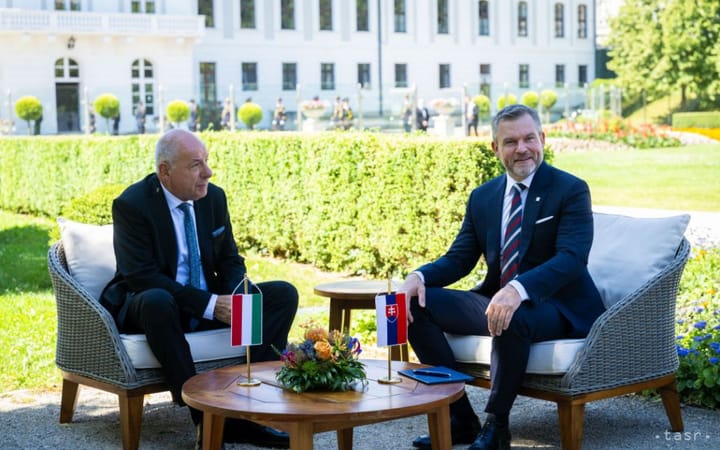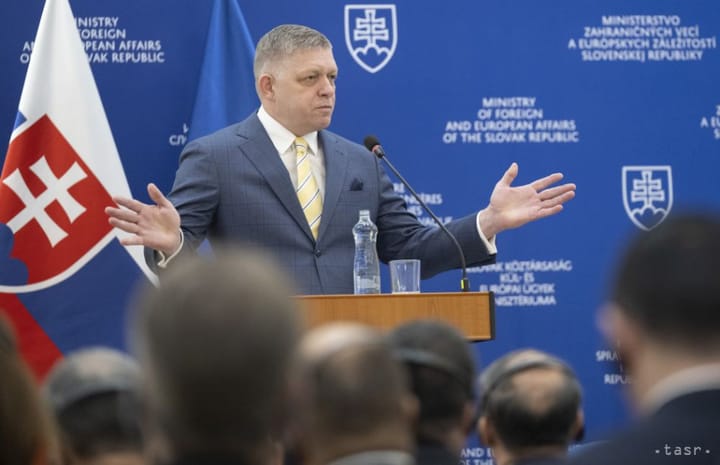CoFoE Will Help Citizens to Influence Policy-making in EU

Brussels, November 11 (TASR-correspondent) – The Conference on the Future of Europe (CoFoE) is a tool through which citizens can influence the future policy-making of the European Union, although there is little time to collect and analyse all their ideas, members of national parliaments of EU countries and MEPs concurred during their exchange of opinions on Tuesday (November 9).
The debate was prepared by the EP Committee on Constitutional Affairs (AFCO). Participants in the CoFoE plenary session, which is attended by 108 MEPs and 108 MPs, were given an opportunity to take the floor.
MPs and MEPs indicated that the CoFoE as a form of dialogue with citizens, including its digital platform, should continue beyond the spring of 2022, when its results will be announced.
Slovenian MEP Branko Grims stated that the CoFoE creates visions and indicates what the expectations of Europeans are. According to him, the EU must be economically successful in order to cope with all the challenges, and be safe, which means avoiding mass illegal migration and protecting the EU’s original values.
Sabine Thillay, the head of the French Parliament’s European Affairs Committee, views direct involvement of citizens as a new way of policy-making. Concerning panels, she misses their direct interconnection to member countries and, therefore, she wishes to mobilise more voters, especially young and rural people, through greater involvement of parliaments and their greater emphasis on European affairs.
Spanish MEP Maite Pagazaurtundu said that the issue of strengthening of European citizenship, the need for a kind of European passport and a European digital identity, as well as demands for cutting red tape, resonated from previous panels.
Italian Senator Dario Stefano stressed the need to talk about European sovereignty at the conference, that one president should speak on behalf of the EU for all European institutions, that the EU must defend its interests in the world more, for example against Asian super-powers and promote the carbon tax. The EP’s position in asserting laws, which is the prerogative of the European Commission, should also be strengthened, he said.
Romanian MEP Lorant Vincze expects meaningful contributions from parliaments within the CoFoE, which should promote the conference more, as parliaments interconnect the European and national dimensions of politics.
According to Spanish MEP Domenec Ruiz Devesa, citizens’ suggestions within CoFoE offer politicians the opportunity to look at many things with “new eyes”. In addition to the elements of democracy and the change in voting in the EU Council, people are also interested in climate change, the creation of a health union and the European social pillar, he said.
The head of the Portuguese parliamentary delegation at CoFoE, Luis Capoulas Santos, admitted that he is careful about what the citizens could achieve through the conference. Listening to people is difficult, however, he believes that listening to them and understanding them will help to improve Europe’s future.
Richard Horcsik, an MP of the Hungarian Parliament believes that citizens will also touch issues such as the family, national identity and poverty at the conference and put efforts to prevent blaming and humiliating other member states at the European level. He would also welcome more active participation of parliaments from the Western Balkan countries.



